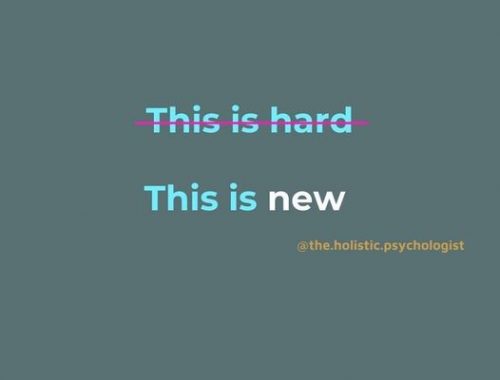The importance of good communication
I have always been passionate about what we do, and I knew communications was important work. But the importance of good communication has been slapped in my face over the last few weeks.
All of the things we know to be true, the things we teach our clients, and that we advocate for have been reinforced for me.
I have spent most of the last fortnight in hospital with a sick husband. Doctor after doctor talked at us in acronyms, abbreviations and medical terms. Multiple people provided contradictory information. My husband went for tests, and we never heard any results. We were left waiting and wondering. It was infuriating!
It reinforced that this is our job – to ensure those people using our services or receiving our information can understand and access what they need to know.
Here are my lessons about the importance of good communication from our time in the health system.
Make it easy to understand
It is critical to ensure our audiences understand the information we need to convey. We need to use language that our audience understands, don’t explain it in your terms or use acronyms. How am I supposed to know what an ATCH or percutaneous biopsy is? I shouldn’t have to spend time googling words to find out what is happening.
We know it’s easy to fall into this habit. You get used to the subject matter and next thing you write about PIC lines in a blog.
As communication professionals, we must be the sense check for our audiences.
No fake engagement
Every morning, the doctors would show up and have nothing new to tell us. In a fly by visit it often felt they were not interested in answering our questions or what we needed. They were there to tick off that they had come to see the patient.
It occurred to me that this is what we do often, we have an audience to tick off the list to say we engaged with them, we do “co-design” of a program but we aren’t actually interested in what they have to say.
I’ve got bad news, people know when you’re doing this to them.
Do what you say you will
If you say someone will be coming to see you by midday, make sure they show up. If you say you’re going home today, probably start the process before 7pm.
Don’t make a commitment if you can’t keep it. It sets expectations with your audience that you can’t meet, or at least tell them why you are late. It happens. Things come up, ideas change, but how often do we go back to the audience and reset their expectations?
Coordinate engagement
If you need multiple experts engaging with the same audience, ensure you have the same messages or at least work together behind the scenes to ensure the audience isn’t having to put the pieces together for you.
We saw multiple doctors daily. We repeated the same story. Received a different diagnosis from each specialty and had to fill them in on what the last person said. It was exasperating.
In government, this happens all of the time. We go out to engage or run an event without talking to anyone else in the department to check if they are engaging the same people at the same time.
Don’t make statements, share information
On multiple occasions, we were told something definitively. Today you are getting your gallbladder out. You need a CT scan of your brain. No further information was presented about why this was needed, why they thought that or the justification for the decision. It was a statement.
We pushed, We prodded, We asked for second opinions. But it concerned us how people who couldn’t advocate for themselves or do more research would cope in these circumstances. We were lucky to be able to ask questions, say no, do research and sometimes be blunt to get better answers, but we shouldn’t have to fight so hard.
We do this in communications, trying to come across as confident, but instead, we make blunt statements with little reasoning.
Good communication is important
Don’t misunderstand there were some good points. The nurses were amazing. They were helpful, supportive and the only reason we could understand half of what was happening. We met some amazing people who rapidly became like a little community – chatting about tests, life, symptoms, family and doctors and looking out for each other.
It doesn’t matter what industry you are in, what you do or who you are talking to. You need to be able to communicate effectively. In every instance, you need someone to receive information, take action, or change their behaviour. You can’t do your job effectively unless you communicate well.

